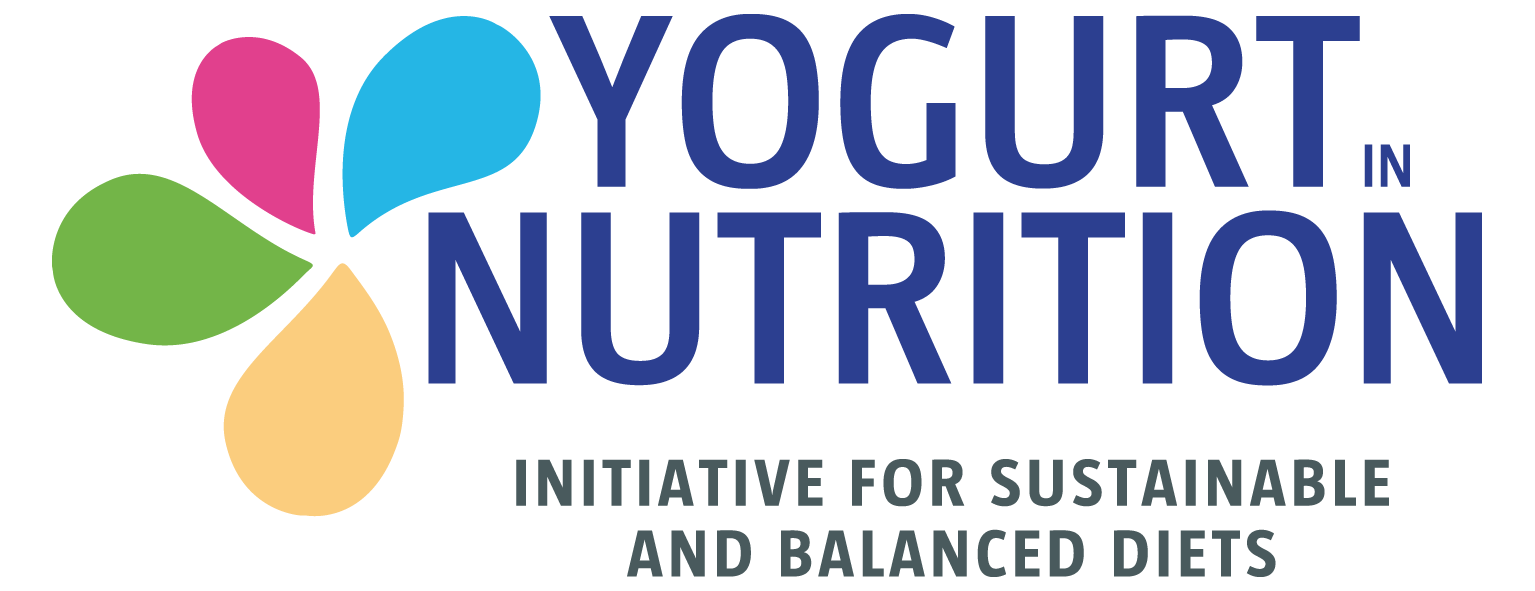The global health effects of yogurt are beyond the single effects of each nutrients and live bacteria, as indeed, “yogurt is more than the sum of its parts”. The updated scientific data about food matrix benefits of yogurt will be the topic of the 6th YINI Summit in the context of the Nutrition 2018 Congress, on June 10, in Boston.
In a global context where weight gain and obesity are major public health problem, Pr Arne Astrup from the University of Copenhagen (Denmark) will explain why we need to consider the whole food matrix when studying the effects of dietary fats in dairy products.
Dairy fats may be part of the matrix effect
It seems that dairy, and yogurt in particular may potentially contribute to weight control and reduction of cardio-metabolic risks. Recent evidence indicates even that high-fat dairy is, despite high content of saturated fat, not adversely associated with cardiovascular disease or diabetes. Moreover,observational studies indicate that consumption of fermented dairy such as yogurt and cheese is inversely related to incidence of CVD and diabetes, whereas unfermented dairy is more neutral.
There are mechanistic studies to support that fermented dairy exert its effect through its matrix i.e. calcium, protein and the microbiota for reduction of diabetes and cardiovascular risk.
Calcium, protein and other bioactive components may modify the effects on low-density lipoprotein cholesterol, triglycerides, blood pressure and energy balance, so the overall effect of dairy fat is different from meat fat, and reduce cardiovascular risk. Moreover, the probiotics of fermented dairy produce end-products such as peptide (that reduce blood pressure) and short chain fatty acids that increase insulin resistance and promote satiety
“What are the dairy effects on cardiometabolic diseases? What is the impact of the yogurt matrix ? What are the effects of dairy products consumptions?” are some of the questions that should be addressed by Pr. Arne Astrup during the Summit.
Who is Arne Astrup?
Prof. Arne Astrup is Head of the Department of Nutrition, Exercise and Sports at the University of Copenhagen, and Senior Consultant at Clinical Research Unit, Herlev-Gentofte University Hospital. Astrup attained his medical degree from UCPH in 1982 and a Doctorate in Medical Science in 1986. He was Appointed Professor of Nutrition and Head of the Research Department of Human Nutrition at The Royal Veterinary and Agricultural University, Denmark, in 1990, he led the department throughout its development ever since.
His researches focus on the physiology and pathophysiology of energy and substrate metabolism and appetite regulation, with special emphasis on the etiology and treatment of obesity, including the role of diet composition and of specific nutrients, lifestyle modification, very-low-calorie diets, exercise, and medication. Major research collaborations include participation in the EU multicenter studies.
He led research that showed that GLP-1 is a satiety hormone in humans, and was instrumental in Denmark being the first country to ban industrial trans-fat in 2014. He is author/co-author of over 600 original, review and editorial scientific papers and more than 1000 other academic publications such as abstracts, textbook chapters and scientific correspondence. He has supervised 32 PhD students to date.




